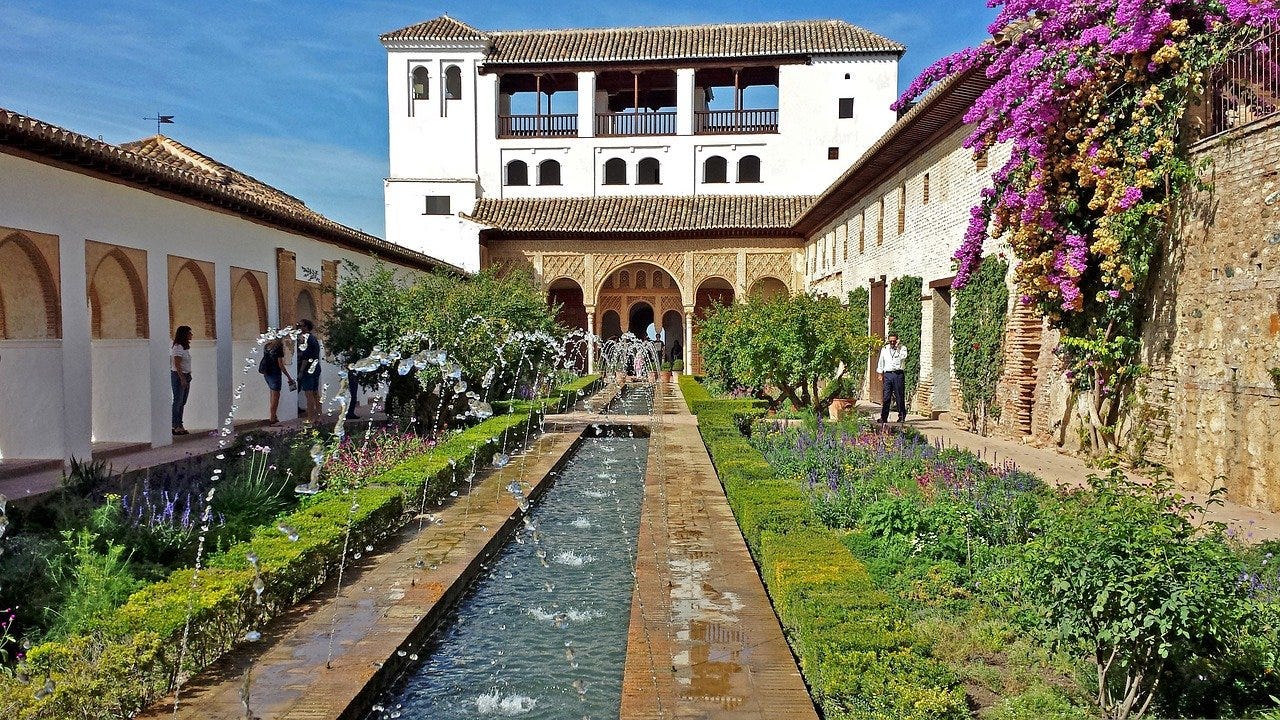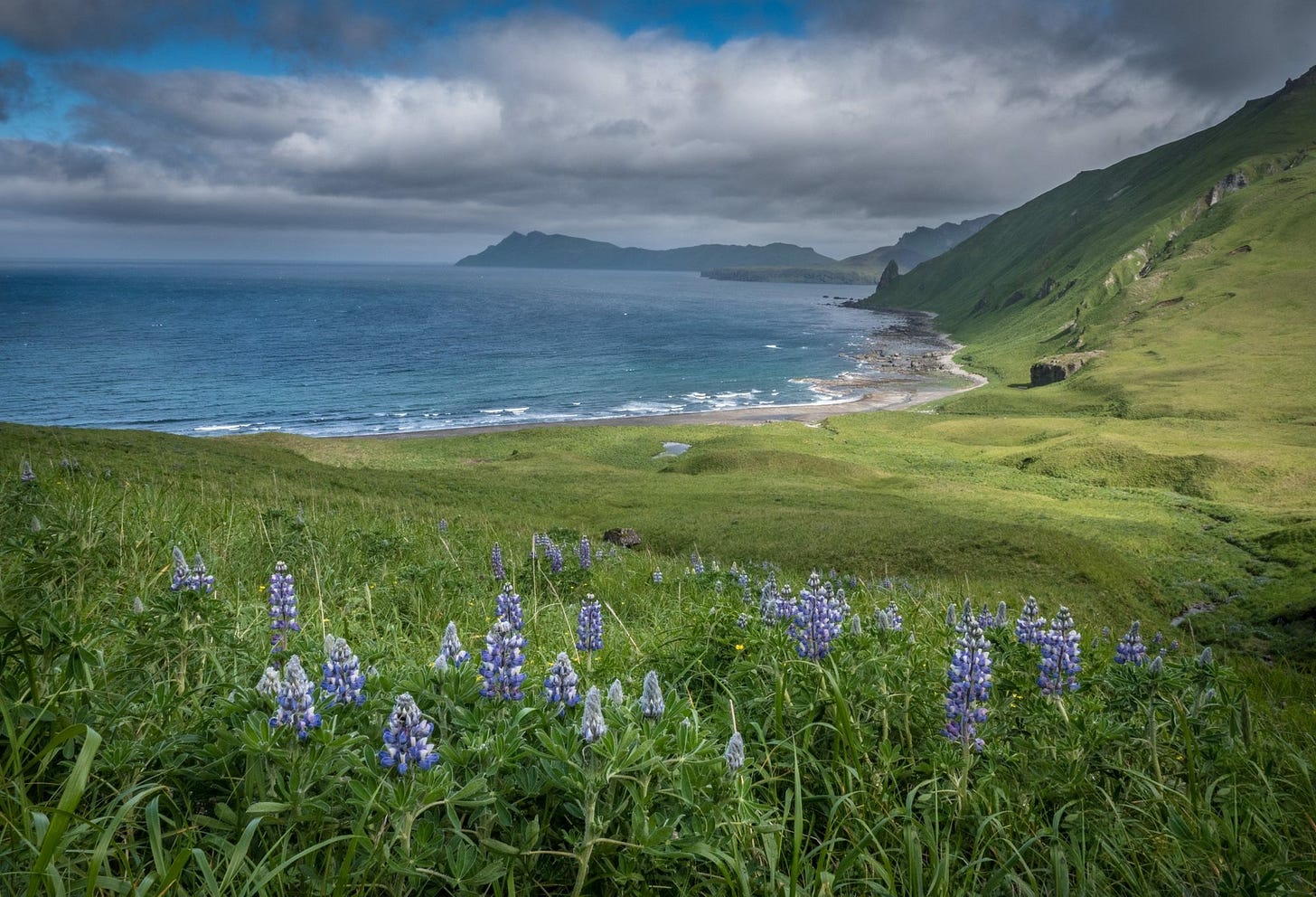I originally wrote you a lovely long post about the experience of finishing my second book. There were references to articles about the “curse of the second book”. A deep dive into the psychology of imposter syndrome and the creation of art. I’m sure one or two of you might have found it interesting. But I deleted it. Because it wasn’t really what I wanted to say.
Does anyone else feel as if we are in constant battle to swim out of the gloom? In addition to our years of the pandemic, continued attacks on innocent people, global environmental issues, and politics, there is the usual brand of striving that accompanies the holiday season. It is a lot. And the publishing world, is in its own morass. Lawsuits , strikes, over worked and underpaid agents and editors, it is not an easy time to be a debut author. In all honesty, I picked the worst time to be trying to get a book published. And it shows. For several months now, I’ve given up querying and am letting The Voyage of the Pleiades simmer. I’m not quitting, far from it, but I’m considering my options. I want to get that book out in the world and that might mean indie publishing, which would be a very different road than planned. There was a part of me that wasn’t sure I even wanted to finish writing a second book. What would be the point?
In this state of weariness, you can imagine that it might be a struggle to raise the creative energy. And for a while, it was, so I focused on other projects. Toward the middle of October, suddenly, I could hear my characters speaking again. Writing fiction is a strange experience, sometimes it almost feels like automatic writing. I did my best to brush away those pesky voices of doubt and tuned into what my characters needed to say. I wrote more than half the book in two weeks! I dwelled almost entirely in that world while I wrote. It was an uncanny, exhausting experience and not one I would recommend. After some reflection, I’ve concluded that the reason I was able to complete it so quickly was because it was my raft on the turbulent seas. My characters are a comfort, I can decide what happens to them and I can wrap their stories in a neat bow. In my book there is danger, complicated motivations, and even more complex emotions, but unlike reality, it’s my choice how they are resolved. Did you read Choose Your Own Adventure books as a kid? Writing fiction is a bit like that, but instead of one page of consequences (which I always found annoying), an author is led to storylines and chapters. New characters emerge, along with surprising twists and turns. It is a process of discovery, just as I hope it will be for my readers. Passing through the daunting gauntlet of a second book was about stepping into my voice and the world I create, to give me strength to face the world we live in.
When I was contemplating my shift to full time writing and editing, I considered how it would meet the greater goals for my life. I’ve wanted to write books since I was child, but as an adult, my driving motivation has been to be of service, to contribute something good to the world. How does writing historical fiction novels fit into that aim? I can honestly say that over and over in my life, I have been saved by books. I’m voracious reader and always have been, when life became too much to handle, I frequently retreated into stories. And I believe that tending to our inner landscape is just as valuable as the external work. That said my books contain themes that challenge our framing of history, that (hopefully) give voice to people you’ve not encountered in this type of fiction before. I continue to find different ways to be of service, through other writing projects and volunteer work. But I hope that the stories I’m creating, will be a place of calm shelter for my readers, and perhaps a little subversive as well.
So, those are the updates from here. I wanted to let you know that book two is drafted and I am digging into the editing process (in my opinion, the best bit). I’m continuing to work as a freelance editor and writer and will be sharing more about that work as I am able, it recharges my own writing to have the opportunity to work with others to shape theirs. I hope you are also able to find the things that give you hope in the dark.
If you are wondering what A Garden of Shadows is about, here is the first rough description:
Granada, Spain 1887. A brief respite in Spain turns into the opportunity of a lifetime when botanist Linnea Wren is invited to contribute to the restoration of the Alhambra gardens. But before she can begin digging, a body is found in the Generalife, and Linnea is tasked with discovering the murderer.
Linnea soon finds herself entangled in a web of political intrigue. From the opulent gardens of the Alhambra to the chalk caves of the Sacromonte, Linnea must navigate the complexity of the social struggles of the people of the Albaicin, to understand what is at the heart of the killings. But will she be able to balance the demands of her career and a relationship with her colleague, Matias? Or will the investigation cost her everything?
And a little piece of flash fiction, just for fun. The prompt for this 300 word story was: “hauntings”.
One would think I would be accustomed to hauntings living as I do on the edge of the world. Yet, everything here crackles with life. Foamy waves devour the shore. Skies whirl with movement and nyeeya-nyeeya calls of skuas. Rocks sport coats of velvet moss. On the headlands, there are compacted circles of seagrass, cozy bowers for a deer, even though nothing larger than a rabbit lives here. So, it makes sense that those dwelling in the beyond would wish to cling to existence on this isle. And I’ve been gathering evidence. It points to one conclusion: I am dead.
Proof I’m pushing up buttercups:
1: Last month a snow squall descended on the island. I should’ve been crawling on hands and knees across schist. It affected me not. I strolled through maelstrom.
2: The otters ignore me. I sing, whistle, dance, and they blink their wet unfathomable eyes. Same with the murderous puffins.
3: A hedgehog is dwelling in my teapot.
4: My need for food and water has ceased.
If I lived somewhere with an internet connection, I could Google: “how to tell if you are dead”?
No doubt the list would contain banal signs: pulse, temperature, mobility.
The churn of the sea has turned violent. There is a storm blowing from the Minch. Frantic kittiwakes are returning to the cliffs. And the ink in my pen is low. As soon as I finish these words, this slip of paper will go in a wine bottle and into the ocean. I wish I could say that being dead has come with fantastic insights. But really, I miss small things: the smell of coffee, the heat from a fire, the arms of someone you love. Perhaps we are built of sensations and when they desert us, only emptiness beckons.






Amy, your books need to be read and many someones out there are waiting for Linnea to brighten their day. I, for one, can hardly wait and lucky is the indie publisher who gets chosen to partner with you in that adventure.
That flash fiction gave me goosebumps! Well done!
Oh: and keep writing!